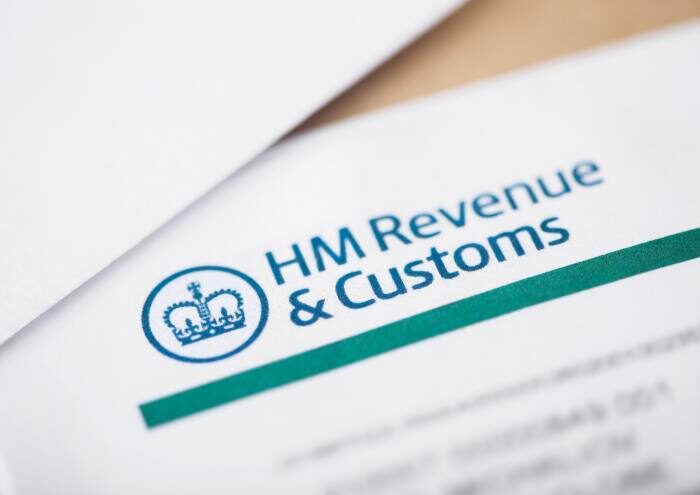

With the upcoming legislation change that is occurring in 2020, it is essential you are a complaint about this change. But how do you know if you are IR35 compliant? Here is all you need to know about it.
IR35 Checklist: Am I Compliant?
If you’re a contractor working out whether IR35 applies to a contract. Here are a few principles to consider as part of a checklist.In general, IR35 won’t apply if the contract is for services rather than employment. To untangle that, you should see whether the contract specifically mentions these principles:- supervision, direction, control – this relates to how much say your client has over how you complete your work. For example, if you have to work at certain times, this implies employment
- substitution – could you bring someone else in to complete the contract, or do you need to do the work yourself? If you can’t send someone else, you’re likely to be within IR35
- mutuality of obligation (MOO) – is there an obligation on the employer’s end to offer work, and do you have to accept it? This is called mutuality of obligation, and if it exists, the contract will fall within IR35
Supervision, direction, control
For a contract to fall outside of IR35, contractors should have freedom over how they complete their work. A contract that specifies things like the time you can start and finish work, or the days you’re required to work, is one that points towards employment.Other elements of an employment contract that HMRC looks out for include a client overseeing your work excessively, and giving guidance on how to complete it.Plus, if you’re not only providing your services for the agreed job but also working on different tasks as your client sees fit, the contract is likely to be within IR35.Substitution
Does your client only want you? For a contract to fall outside of IR35, you should be able to send a substitute to complete the work instead.This means the contract should state that someone else can provide their services to complete the work. The clause has to be genuine as you should know which skilled contractors you would ask. Also, the contract can’t be so restrictive that you essentially need to do the work yourself.Mutuality of obligation (MOO)
This is an important clause to include in a contract, as it’s a key test when determining self-employed status.If the client is obliged to offer work (and pay) and you’re obliged to take it, this demonstrates a contract of employment. In practice, a self-employed contract means working on a project-by-project basis. Once you’ve completed a project, you’re under no obligation to work on further tasks (and the client is under no obligation to offer them).You should also consider whether you can work for other clients simultaneously. This can depend on whether a client and contract prohibit that. For example, if it points towards you being an employee rather than self-employed.Other Factors On Your IR35 Checklist
There are more criteria to consider when determining your IR35 status:- equipment– HMRC often try to argue that if the equipment is provided by the client, and you don’t use your own, you’re a disguised employee
- financial risk– self-employed contractors usually take a degree of financial risk, as any business would. Are you responsible for errors made during the contract, and would you need to rectify them in your own time? There’s usually a requirement to have professional indemnity insurance
- the way you’re paid– self-employed people are paid on a project basis, which might mean when the work is completed or at particular project milestones
- ‘part and parcel’ of the organisation– if contractors become so ingrained that they become part of a company’s structure, with people reporting to them for example, this points to employment rather than self-employment
- exclusivity– do you work for other clients? Typically the self-employed can work for multiple clients at onceintentions of the parties– the contract should make sure the relationship between contractor and client is one of supplier and customer, but this should be genuine. If HMRC found the actual intended relationship is more like an employee and employer, they’ll ignore the contract
- business ‘on your own account’– essentially this determines whether you’re actually running your business as a business. If you have things like a business website, a dedicated office space, and even employees, you could be seen as operating a business and not offering your services in the same way as an employee
